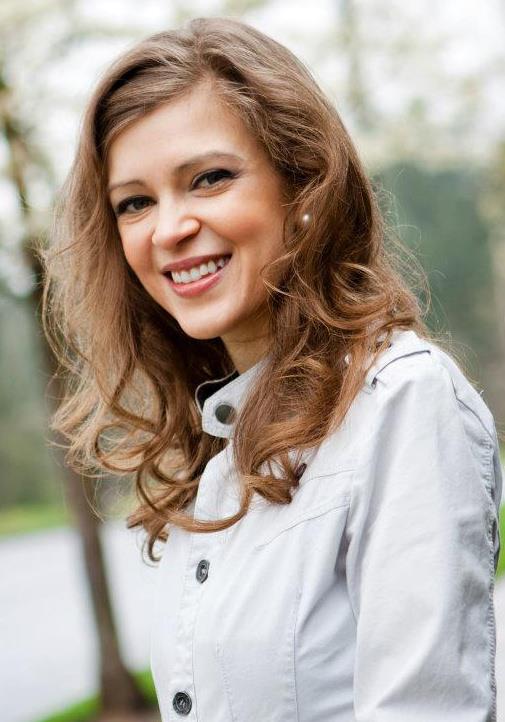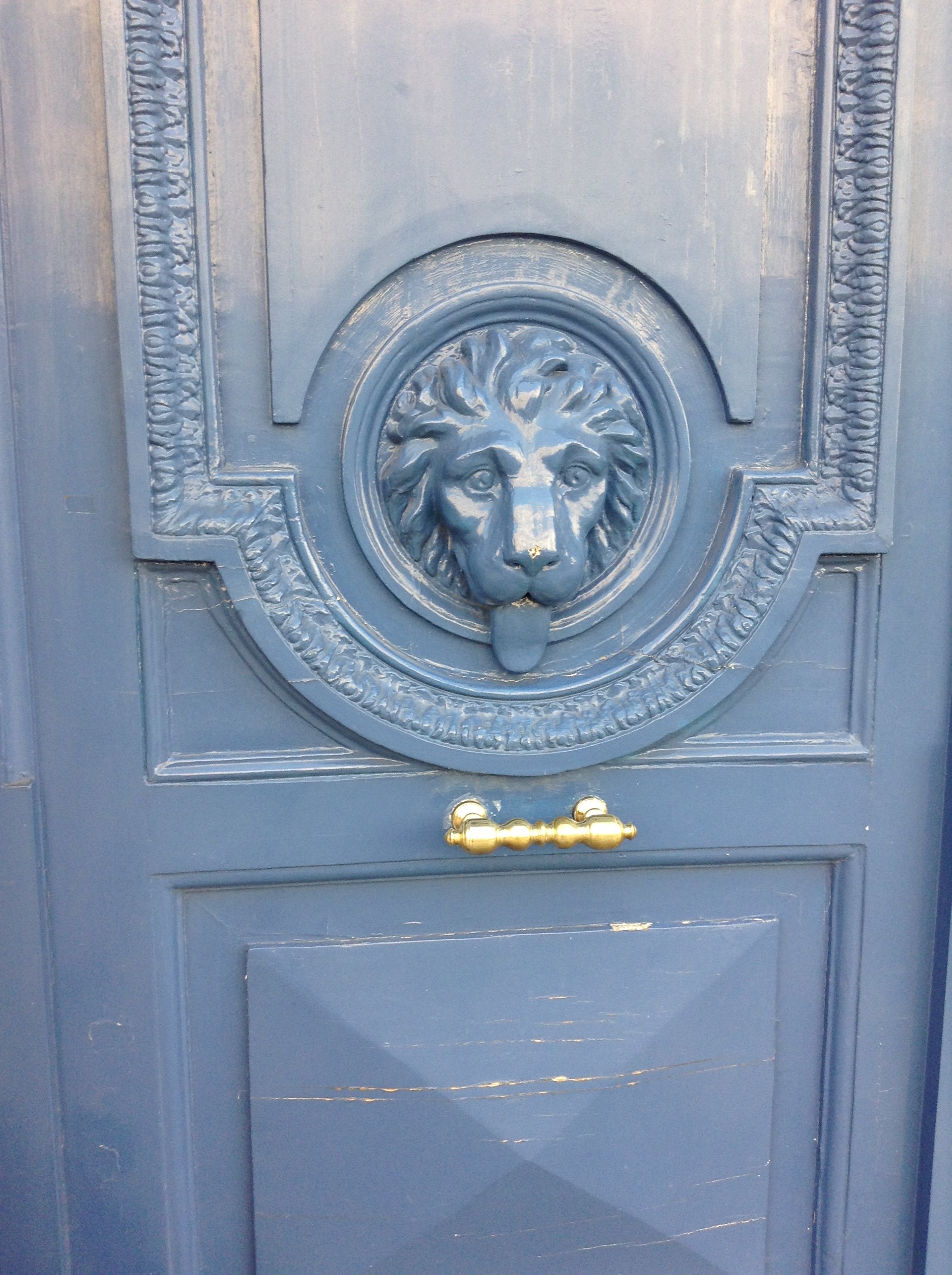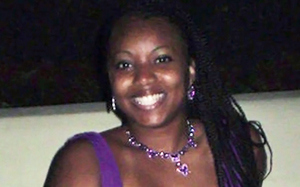My friend Kristin called me in September and asked me to do the Susan G. Komen Race for the Cure walk with her. We’re both breast cancer survivors — she received her diagnosis at age 43. I got mine at age 27. She thought the walk would be a good way to celebrate our lives and all we’ve been through over the past few years.
“I’m not doing that,” I said quickly when she asked. I’ve been avoiding the color pink, and breast-cancer-anything, since my diagnosis. Kristin tried lots of tactics to convince me to do the walk with her. She said it was fun, you got to meet lots of great people, it would raise money for a good cause, and at the end we would get entrance into Survivor City, a white circus tent where you got a catered meal and a goody bag. “Last year they gave out free toilet paper, too,” she said.
I raised my eyebrows.
“Yeah,” she nodded. “I know, it’s pretty great, right? I got twelve rolls for free!”
I told her that when pigs started skating across the frozen surface of hell, I might consider doing the race. And then a few days later she called me and told me she’d just received the diagnosis every woman dreads. Metastatic Breast Cancer
I cancelled my weekend plans and signed up to do the walk with her. The morning of the race, I reached into the recesses of my closet and pulled out all the pink clothing people have given me over the years. A pink hat, pink cargo pants, pink socks. And then I wore the T-shirt you get when you sign up for the race, the one that says in big letters across the front, Survivor.
As we crossed the finish line together, holding hands, I wept. Because the hot flashes, joint pain, insomnia and fatigue from my cancer treatments make every day a challenge. Because the hope I want to feel has been buried under an avalanche of anger and sorrow, and here were tens of thousands of people saying with their presence that they were digging through the pain to find me, and together we were going to stand against the disease that claims 40,000 women’s lives in the U.S. each year.
Now that the race is over, my attention has turned from breast cancer to politics. I’ve started sifting through interview transcripts and articles and video clips to learn more about the candidates and the issues I want to affect with my vote in November.
I practice medicine as a physician assistant, so the health care crisis quickly caught my attention as one of the mosts critical choices our country needs to make in a few weeks. As I read, I learned that anywhere from 26,000-50,000 uninsured Americans die each year from lack of insurance.
Even if you choose the lower estimate, that’s still nearly four times the number of Haitians who have died from cholera since the 2010 earthquake. The higher estimates rival the number of women who die from breast cancer each year. But where’s the fundraiser to solve the metastatic insurance issue? Where’s the collective voice for these citizens who have been denied what the Declaration of Independence said is the first unalienable right of every American: Life.
When I participated in Race for the Cure, I felt the support of so many people who showed up to support me and other breast cancer survivors in our struggles. But who stands with the uninsured who face the threat of dying from significant health crises? Who sees them buried under the avalanche of fear and the threat of financial ruin and tells them, Hang on. We’ll dig through the mess of partisanship and posturing and legislative loopholes until we find you.
If the health care crisis had a ribbon color, it would be translucent. Because it’s the problem that most of us, especially the insured among us, choose not to see. It’s the one we look through on our way to cracking jokes about binders and excessive water consumption. But the reality is, at least three Americans die every hour because we haven’t figured out how to pass the health care reform that could save their lives.
I have been thinking that, just like breast cancer, the health care crisis deserves its own month-long drive to raise awareness, and incite action, on behalf of this systemic malady. But then I realized that November 6th is just around the corner. And maybe we don’t need a month to change our country’s course.
Maybe one day is enough.












